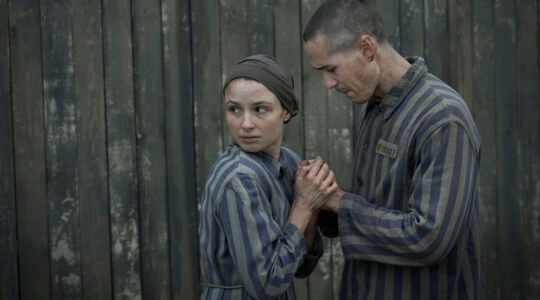Richard Holbrooke, the former diplomat who spearheaded U.S. efforts to end the war in the Balkans, wrote a piece in the Washington Post recalling his one meeting with Radovan Karadzic, the former Bosnian Serb leader captured on Monday:
The capture of Karadzic on Monday took me back to a long night of confrontation, drama and negotiations almost 13 years ago – the only time I ever met him. It was 5 p.m. on Sept. 13, 1995, the height of the war in Bosnia. Finally, after years of weak Western and U.N. response to Serb aggression and ethnic cleansing of Muslims and Croats in Bosnia, U.S.-led NATO bombing had put the Serbs on the defensive. Our small diplomatic negotiating team – which included then-Lt. Gen. Wesley K. Clark and Christopher Hill (now the senior U.S. envoy to North Korea) – was in Belgrade for the fifth time, trying to end a war that had already taken the lives of nearly 300,000 people.
These three men – Milosevic, Mladic and Karadzic – were the primary reason for that war. Mladic and Karadzic had already been indicted as war criminals by the International Tribunal for the Former Yugoslavia. (Milosevic was not to be indicted until 1999.) As leaders of the breakaway Bosnian Serb movement, they had met with many Western luminaries, including Jimmy Carter. …
Karadzic was silent at first. He had a large face with heavy jowls, a soft chin and surprisingly gentle eyes. Then, when he heard our demand that the siege of Sarajevo be lifted immediately, he exploded. Rising from the table, the American-educated Karadzic raged in passable English about the “humiliations” his people were suffering. I reminded Milosevic that he had promised that this sort of harangue would not occur. Karadzic responded emotionally that he would call former president Carter, with whom he said he was in touch, and started to leave the table. For the only time that long night, I addressed Karadzic directly, telling him that we worked only for President Bill Clinton and that he could call President Carter if he wished but that we would leave and that the bombing would intensify. Milosevic said something to Karadzic in Serbian; he sat down again, and the meeting got down to business.
Holbrooke concluded by explaining the significance of Karadzic’s arrest:
His capture is all the more important because it was accomplished by Serbian authorities. Serbian President Boris Tadic deserves great credit for this action, especially since his good friend Zoran Djindjic, then prime minister of Serbia, was assassinated in 2003 as a direct result of his courage in arresting Milosevic and sending him to The Hague in 2001. Karadzic’s arrest is no mere historical footnote; it removes from the scene a man who was still undermining peace and progress in the Balkans and whose enthusiastic advocacy of ethnic cleansing merits a special place in history. It also moves Serbia closer to European Union membership.
Karadzic’s capture is another reminder of the value of war crimes tribunals. Even though 12 years-plus is an inexcusably long time, the war crimes indictment kept Karadzic on the run and prevented him from resurfacing. In far-away Khartoum, Sudanese President Omar Hassan al-Bashir, who was indicted last week by the International Criminal Court, should be paying close attention.





